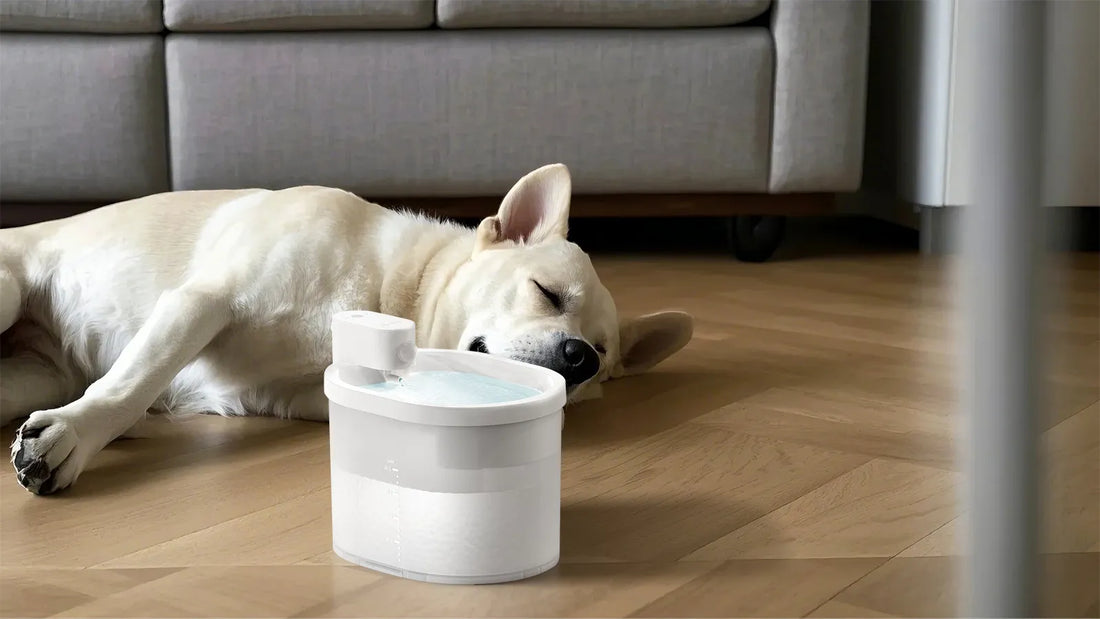It can be incredibly frustrating when your male cat stops using the litter box. This behavior can lead to unpleasant odors, messes around the house, and even strained relationships between you and your feline friend. Understanding the reasons behind this sudden change is crucial to finding a solution that works for both you and your cat.
Common Reasons Why a Male Cat Stops Using the Litter Box
There are several reasons why a male cat might stop using the litter box. Some of the most common causes include medical issues, stress, and changes in the household environment. Identifying the root cause is the first step in addressing the problem.
Medical Issues
One of the primary reasons a male cat may stop using the litter box is due to medical issues. Urinary tract infections, bladder stones, and other health problems can make it painful for your cat to urinate, leading them to associate the litter box with discomfort. If you notice your cat straining to urinate or crying out in pain, it's essential to consult a veterinarian immediately.
Stress and Anxiety
Cats are creatures of habit, and any changes in their environment can cause stress and anxiety. Moving to a new home, introducing a new pet, or even rearranging furniture can disrupt your cat's routine and lead to litter box avoidance. Stress can also manifest in other ways, such as excessive grooming or changes in appetite.
Litter Box Preferences
Cats can be quite particular about their litter box preferences. If the litter box is too dirty, too small, or in an inconvenient location, your cat may choose to go elsewhere. Some cats prefer certain types of litter, and switching to a different brand or texture can lead to litter box avoidance.
How to Address Litter Box Avoidance
Once you've identified the potential cause of your male cat's litter box avoidance, you can take steps to address the issue. Here are some strategies to consider:
Consult a Veterinarian
If you suspect that your cat's litter box avoidance is due to a medical issue, the first step is to consult a veterinarian. A thorough examination can help identify any underlying health problems that may be causing the behavior. Your vet may recommend dietary changes, medication, or other treatments to address the issue.
Reduce Stress and Anxiety
If stress or anxiety is the root cause of your cat's litter box avoidance, it's essential to create a calm and stable environment for your pet. Provide plenty of hiding spots, maintain a consistent routine, and consider using pheromone diffusers to help reduce anxiety. If you've recently introduced a new pet, give your cat time to adjust and ensure they have their own space.
Optimize the Litter Box
To encourage your cat to use the litter box, make sure it's clean, accessible, and meets your cat's preferences. Scoop the litter box daily, and consider using a larger box if your cat seems cramped. Experiment with different types of litter to find one that your cat prefers. Additionally, place the litter box in a quiet, low-traffic area where your cat feels safe.
Preventing Future Litter Box Issues
Preventing future litter box issues involves maintaining a clean and comfortable environment for your cat. Regularly clean the litter box, provide multiple boxes if you have more than one cat, and monitor your cat's behavior for any signs of stress or illness. By addressing potential issues early, you can help ensure that your cat continues to use the litter box consistently.
Dealing with a male cat that has stopped using the litter box can be challenging, but with patience and the right approach, you can resolve the issue and restore harmony in your home. By understanding the reasons behind this behavior and taking proactive steps to address them, you can help your cat feel more comfortable and secure in their environment.














